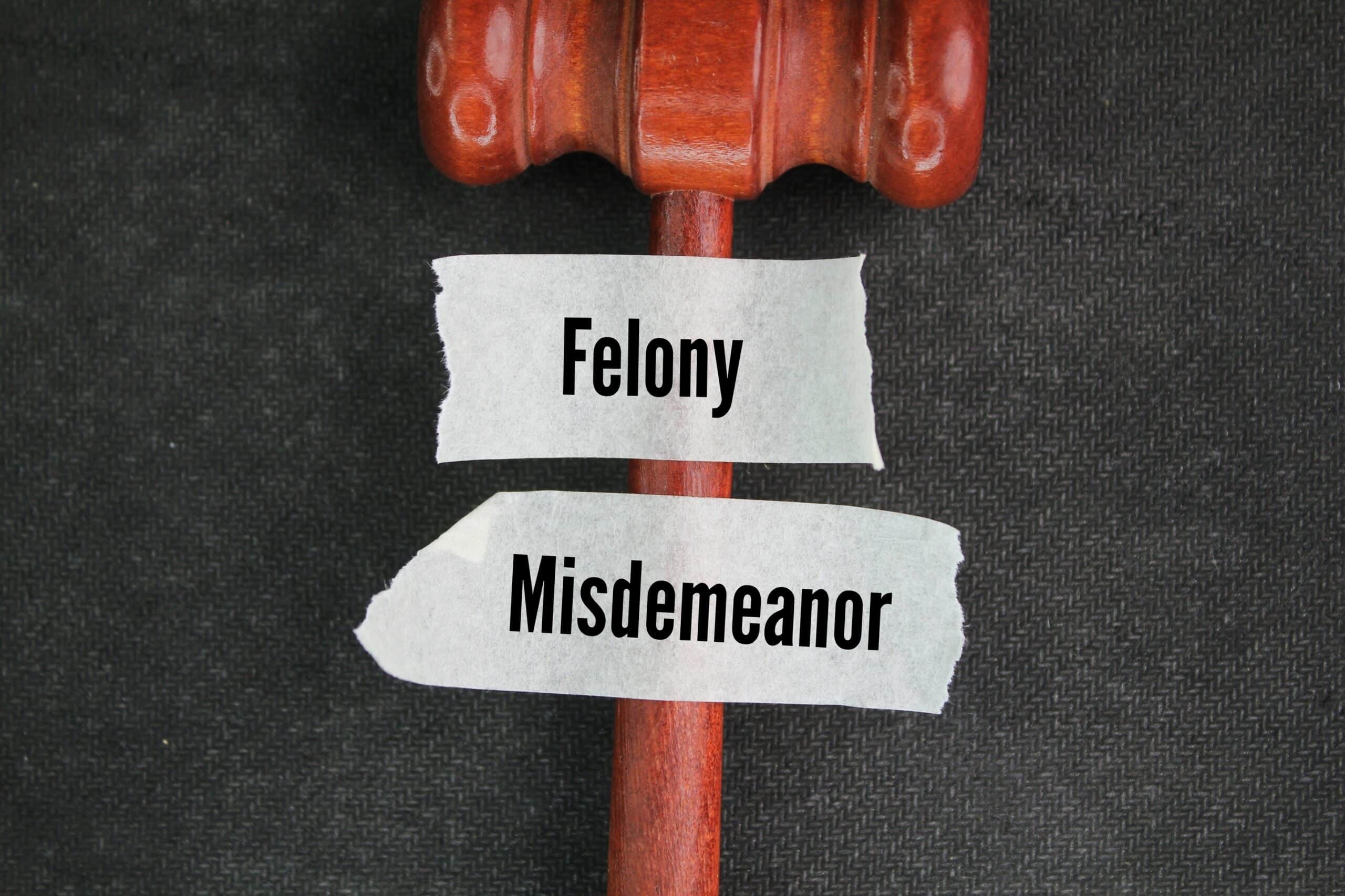Our Blog
What is the Difference a Felony and Misdemeanor in Minnesota?



Felonies represent serious crimes like drug trafficking or assault, while misdemeanors cover less severe offenses such as petty theft. The difference lies in more than just the label—your classification impacts penalties, future opportunities, and your criminal record. Every charge deserves a thoughtful defense.
At Wolfgram Law Firm, our Minnesota criminal defense attorneys can make all the difference in how your case is resolved and how you move forward. Reach out to us to explore your options.
Understanding Felonies and Misdemeanors in Minnesota
Felonies are the most serious offenses, including crimes like murder, drug trafficking, and sexual assault. These crimes often involve violence, significant financial harm, or threats to public safety. A felony conviction can result in long-term imprisonment in a state facility, large fines, and lifelong repercussions.
Misdemeanors are less severe offenses, such as petty theft, first-time DUI, or minor assaults. Penalties typically involve shorter jail sentences (served in county jails), probation, or smaller fines. However, even a misdemeanor conviction can have lasting effects on your record.

Key Differences Between Felonies and Misdemeanors
Understanding the distinction between felonies and misdemeanors is essential in the criminal justice system. These two categories of crimes carry significantly different consequences that can impact your life both during and after serving any sentence. Here’s what you need to know about how these criminal classifications differ.
Severity and Punishment
Felonies carry harsher penalties, including longer prison sentences and larger fines. Misdemeanors involve lighter punishments, such as shorter jail terms, probation, or community service.
Impact on Your Record
A felony conviction can permanently impact your ability to find housing, employment, or loans. Rights like voting and firearm ownership may also be restricted. While misdemeanors are less severe, they still create a criminal record that can affect background checks.
Where Sentences Are Served
Felony sentences are served in state prisons, while misdemeanor sentences are typically carried out in county jails.
Wobbler Offenses: Crimes That Could Be Either
Some crimes, known as “wobblers,” can be charged as either a felony or a misdemeanor based on circumstances. For instance, theft is often classified by the value of the property involved: lower values may result in misdemeanor charges, while higher values can elevate it to a felony.
Factors that influence the classification include:
- The level of harm caused
- The defendant’s criminal history
- Whether vulnerable individuals, such as children, were involved
Prosecutors often have discretion in determining how to charge wobblers. An attorney can advocate for reduced charges to help minimize the impact on your life.
Call a Minneapolis Criminal Defense Lawyer Today
A criminal charge—whether a misdemeanor or a felony—can turn your life upside down. The attorneys at Wolfgram Law Firm are here to provide the strong legal defense you need. We’ll investigate every aspect of your case, ensuring your rights were not violated during the arrest or investigation process.
From negotiating plea agreements to representing you in court, we’ll stand by your side every step of the way. Our goal is to minimize the impact on your life, reduce penalties, and fight for the best possible outcome. Your freedom and future are worth fighting for.
Call us today at 612-584-3675 or contact us online to schedule a consultation. Time is critical—let us start building your defense today.





